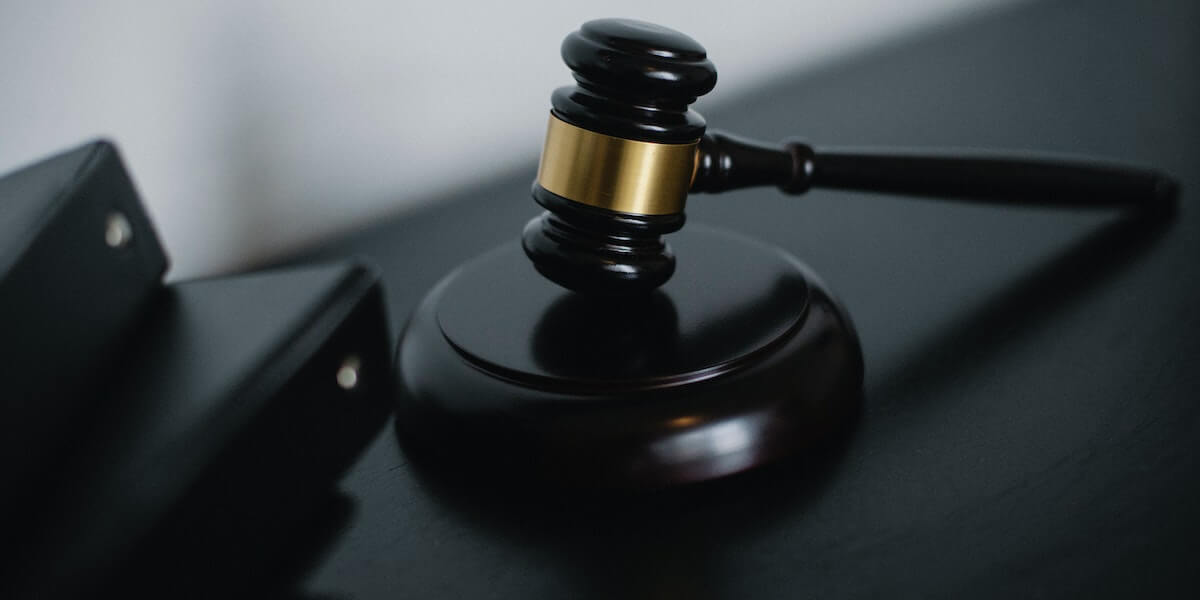As a parent, it can be incredibly distressing to hear that your child is in trouble, especially when they are facing disciplinary action for something that took place at school. It is a call you hope never to receive, but if you do, understanding your rights and the legal protections afforded to your child under New York State law is essential. This guide aims to assist parents in navigating the complex process of school discipline, while ensuring that your child’s rights are upheld, and to provide you with the tools to be an avid and effective advocate for your child.
Understanding School Discipline in New York State
In New York State, each school must ensure that all students, teachers, and other school personnel are in a safe and orderly environment. To achieve this goal, each school district develops and adopts a code of conduct to outline the expectations of all of its community members, and the discipline that could take place if a violation of that code occurs. When a student is accused of violating the code of conduct, the school district must take certain measures and follow procedures to ensure that your child’s due process rights are upheld.
At this point, you may be asking yourself, “what exactly are my child’s due process rights?” or even, “what are due process rights at all?” Pursuant to the Fourteenth Amendment of the United States Constitution, your child has the right to fair procedures before discipline can be imposed on them. While every student has these rights, the rights afforded to your child depend squarely on the severity of the disciplinary action recommended.
Short-Term Suspensions (Five School Days or Less)
If your child is facing a suspension of five days or less, there are certain requirements the school district must comply with before that suspension can be imposed. These requirements include notice, an informal conference, and parental notification. I will take each of these in part.
Notice: If your child is charged with misconduct and faces a short-term suspension of five days or less, the school district must provide you with notice, in writing, that your child may be suspended from school. The written notice must occur by either hand delivery, express mail delivery, or any other means to ensure that you receive that notice within 24 hours of the decision to suspend your child. Notice also must be provided to the parents in their native language. A phone call or regular “snail mail” is not considered adequate notice by itself. A phone call without accompanying written notice in 24 hours would violate the New York Education Law.
If the school district does not provide you with notice in writing, within 24 hours of the decision to suspend your child, and in your native language, reach out to a Tully Rinckey education attorney.
The Notice must also include a description of the misconduct, the section of the code of conduct violated by the student, and the date of the incident that led to the suspension. The description of the misconduct must have enough detail to allow the parents to know exactly what happened and when.
Informal Conference: The Notice should also include information about your rights to an informal conference with the principal. The purpose of an informal conference is to afford the parents the opportunity to question all complaining witnesses in front of the principal, before the decision to suspend the student is finalized. The informal conference is an opportunity for the parents, student, and principal to brainstorm alternatives to suspension, if any exist. Examples of this could be counseling or peer mediation. It is important to note that the informal conference does not happen automatically. Parents must request that the meeting take place. However, the school district must inform parents of their right to request this meeting.
The only exception to the informal conference taking place before the suspension is if your child’s presence at the school poses a continuing danger to others at school, school property, or causes an ongoing disruption to the school day. This is a determination made by the school. If the informal conference takes place at any point during or after the suspension, the principal or superintendent can return the student to school if the accused action was unfounded. However, if it is found at the informal conference that the student did not take the action accused of, you may be able to challenge the suspension entirely, and at the very least, have it expunged from the student’s record.
Ready to book your consultation? Click below to pay our consultation fee and book your meeting with an attorney today!
Long Term Suspension (Six or More School Days)
The only school district official that can impose a long-term suspension is the school district superintendent, or someone they designated to do so. If your child is facing a long-term suspension, there are legal rights available to your child that you should be aware of.
Notice: Like a short-term suspension, the notice requirements for a long-term suspension are the same. However, there are some additions to the long-term suspension notice that are important to note. The long-term suspension notice should include information about your right to a fair hearing, as well as all information pertinent so you can prepare a defense. The information required includes a description of the alleged misconduct, the charges against your child with specific citations to the code of conduct, and the date and location of the hearing.
Fair Hearing: Under the Education Law, if your student is facing a long-term suspension, you and your child are entitled to a fair hearing. At this hearing, you are entitled to be represented by an Attorney, or another advocate of your choosing. You are also entitled to a translator if your native language is not English. To ensure your child’s due process rights are being protected, it is the school’s responsibility to prove the charges of misconduct made against your child. It is not your responsibility, as the parent, to prove that your child did not commit the actions they are accused of. You should, however, come prepared to the hearing with a defense of the actions accused of. An education attorney can help you craft the defense and assist with making the defense at the hearing.
If for any reason you are unable to attend the hearing on the date scheduled or need more time to secure an attorney or advocate, you are permitted to request an adjournment (a postponement of the hearing to a later date). However, it is important to note that if you request an adjournment of the hearing, your child will continue to be suspended until that hearing can take place. Therefore, we strongly recommend reaching out to a Tully Rinckey attorney or advocate as soon as you receive notice of the suspension. If for any reason the school district requests the adjournment, your child may be permitted to return to school until the new hearing date, depending on the severity of the charged misconduct.
To maintain fairness in the hearing process, the school district will choose someone to be a hearing officer to determine the facts of the case and recommend disciplinary action, if required, after hearing all the testimony, evidence, and defenses presented by both parties.
Pleading No Contest: The same way it is yours and your child’s right to participate in a fair hearing, it is also your right to agree not to participate in the hearing and accept the charges against your child. This process is called “pleading no contest” and it allows you and your child to voluntarily agree to the charges against them and the suspension imposed. By doing so, you are giving up your right to a hearing and the suspension will remain in your child’s record. If you are unsure of whether to proceed with a hearing or plead no contest, an education attorney can assist with assessing your case.
After the Hearing: Once the hearing officer has heard all the testimony, evidence, and defenses, they will issue a decision of factual findings and recommendations for discipline to the superintendent. The superintendent ultimately makes the final decision regarding the discipline. At the conclusion of the hearing, the parents have another opportunity to request expungement of the suspension from the student’s record, or that the superintendent consider alternate discipline avenues. Once the superintendent issues their decision, students and parents have additional rights they can exercise if the suspension is upheld, or additional discipline is imposed.
You can contact us 24 hours a day, 7 days a week via phone at 8885294543, by e-mail at info@tullylegal.com or by clicking the button below:
Appealing the Superintendent’s Decision
If after the hearing, you disagree with the disciplinary decision made by the superintendent, you and your child have the right to appeal that decision to a higher authority to reconsider.
Initial Appeal: Once you receive the final decision by the superintendent, you can submit a written appeal to the local Board of Education. Parents should submit appeals to the Board of Education if they believe that either the discipline imposed on the child is too long or the school failed to follow the proper procedures in the hearing process.
Further Appeal: If the Board of Education appeal does not satisfy you, you and your child are also entitled to file an appeal with the Commissioner of Education for the New York State Education Department (“NYSED”). Appeals of this kind can be daunting and complex.
If you weren’t represented by an attorney during the initial hearing but find yourself interested in an appeal to the Board of Education or Commissioner of Education, reach out to one of our education attorneys today.
The information provided in this article touches upon the suspension process, as well as you and your child’s rights when your child faces disciplinary action at school, and only really skims the surface. As you may be able to tell by now, discipline in school is a very complex and involved process. While parents are their children’s strongest advocates, ensuring that you have assistance for each step of the process is crucial. When your child faces disciplinary action at school, understanding your rights and the procedures the school district must follow is essential to your success in this process. If you have any questions, or need assistance, please contact one of Tully Rinckey’s education attorneys today.
Sivan Zak is an associate with Tully Rinckey PLLC’s White Plains, NY, office, where she practices education law. Prior to joining Tully Rinckey, Sivan worked for the New York City Department of Education’s Special Education Unit as an agency attorney interne. There, she dedicated her time to investigating and litigating special education cases filed against the City for allegations of Free Appropriate Public Education (“FAPE”) violations under the Individuals with Disabilities Education Act (“IDEA”). She can be reached at info@tullylegal.com or at 8885294543.







